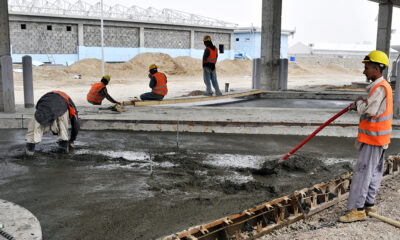Latest News
Iran showcases drones amid growing tension with South Korea
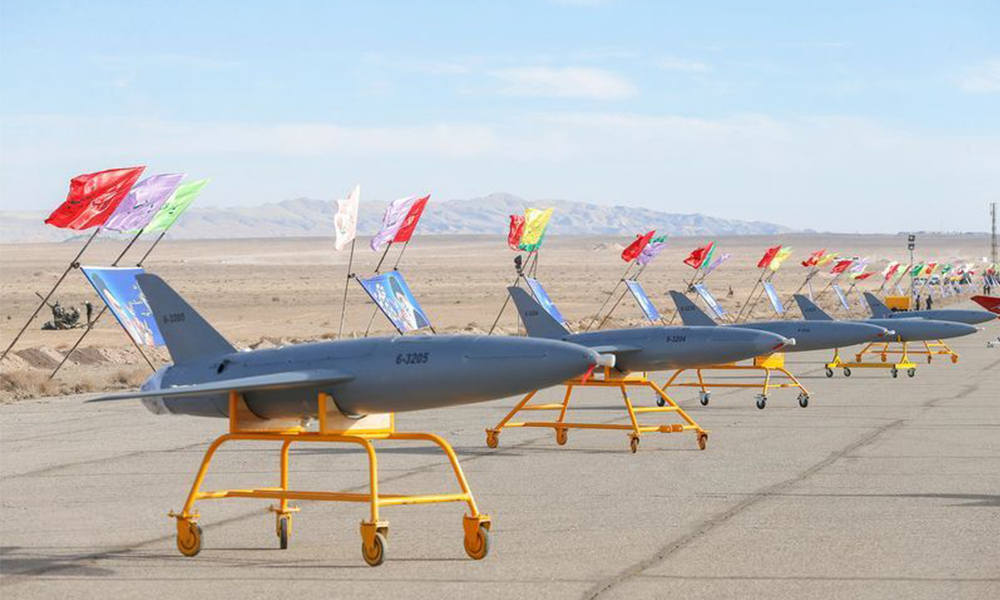
Just days after the anniversary of the US killing of a top Iranian general in a drone strike in Iraq, Iran itself launched exercises featuring a wide array of domestically produced drones, Iranian media reported.
Iran and the regional forces it backs have increasingly relied in recent years on drones in Yemen, Syria, Iraq and the Strait of Hormuz at the mouth of the Gulf, Reuters reported.
Iran’s armed forces are to test combat drones used as bombers, interceptors and in reconnaissance missions in the two-day exercises in central Semnan province, the semi-official Fars news agency said.
Beyond surveillance, Iranian drones can drop munitions and also carry out a “kamikaze” flight when loaded with explosives and flown into a target, according to a US official who spoke to Reuters.
Iran has developed a large domestic arms industry in the face of international sanctions and embargoes that bar it from importing many weapons.
The exercises coincided with increased tensions between Iran and the United States, two days after the first anniversary of the killing of Iranian general Qassem Soleimani in a US drone strike at Baghdad airport, and two weeks before President-elect Joe Biden takes office.
Biden aims to revive the nuclear agreement, though diplomacy is expected to be tricky, Reuters reported.
On Monday Iranian forces meanwhile seized a South Korean tanker in the Gulf, and Tehran also announced plans to increase uranium enrichment.
South Korea says it will dispatch a government delegation to Iran “at the earliest possible date” to try to secure the release of the tanker seized by Iran amid tensions over Iranian funds frozen in Seoul because of US sanctions.
According to South Korean media, a Foreign Ministry spokesman made the announcement on Tuesday, a day after the Islamic Revolutionary Guards Corps (IRGC) seized the tanker and detained its crew of 20 near the Strait of Hormuz over pollution violations — an allegation rejected by the ship’s operator.
The spokesman also said that South Korean Deputy Foreign Minister Choi Jong-kun will go ahead with a previously planned trip to Tehran early next week, as Iranian officials seek the release of billions of dollars frozen in South Korean banks.
South Korean News Net reported that the frozen assets stem from oil sales earned before Washington tightened sanctions on Iran following the US withdrawal from a landmark nuclear deal between Tehran and world powers.
In Tehran, an Iranian government spokesman rejected allegations that Iran’s seizure of the tanker amounted to hostage taking, the news portal reported.
“If anybody is to be called a hostage taker, it is the South Korean government that has taken our more than $7 billion hostage under a futile pretext,” Ali Rabiei told reporters.
Earlier, the US State Department called for the tanker’s immediate release, accusing Iran of threatening “navigational rights and freedoms” in the Persian Gulf in order to “extort the international community into relieving the pressure” of economic sanctions.
Meanwhile, the South Korean Defense Ministry announced that a destroyer carrying members of South Korea’s anti-piracy unit arrived in waters near the Strait of Hormuz — through which 20 percent of all oil traded passes — and was “carrying out a mission to ensure the safety of our nationals.”
Latest News
Moscow’s move a ‘significant step toward recognizing Afghanistan’s political realities’, says Haqqani
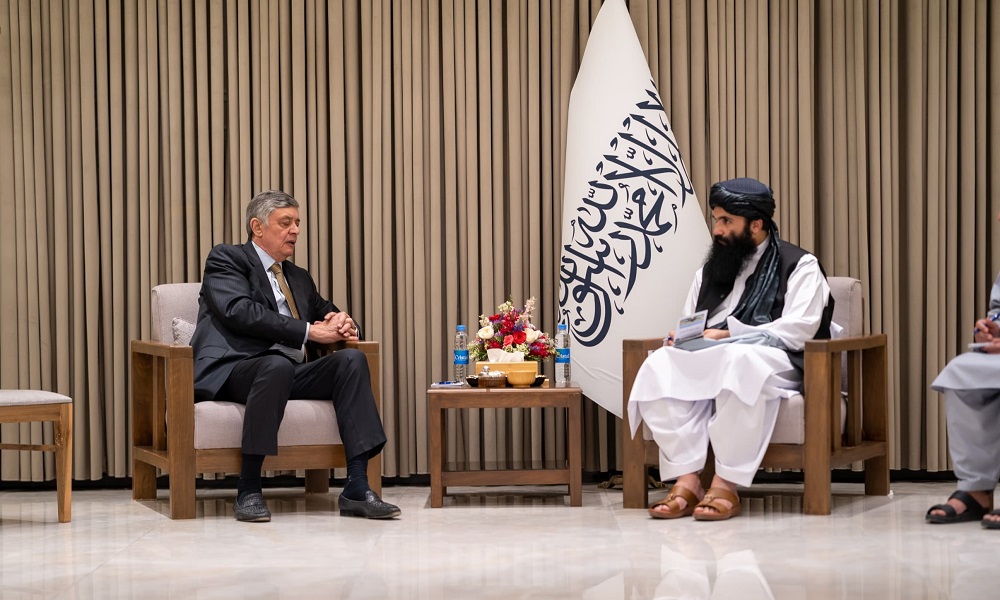
Acting Minister of Interior Sirajuddin Haqqani on Wednesday met with Zamir Kabulov, Russia’s special envoy for Afghanistan, and Dmitry Zhirnov, Russia’s ambassador to Kabul.
Haqqani expressed appreciation for Moscow’s recent decision to remove the Islamic Emirate from its list of terrorist organizations. He described the move as “a significant step toward recognizing the political realities of Afghanistan.”
In a statement, the interior ministry said that both sides emphasized the importance of upgrading diplomatic relations to the level of embassies and reaffirmed their commitment to mutual cooperation in the fields of security and trade.
During the meeting, the two parties also discussed regional and bilateral cooperation in the areas of security, economy, and commerce, and stressed the need to strengthen ties between the two countries.
Latest News
Special meeting will be held to launch Afghanistan–Russia joint commission, says Kabulov
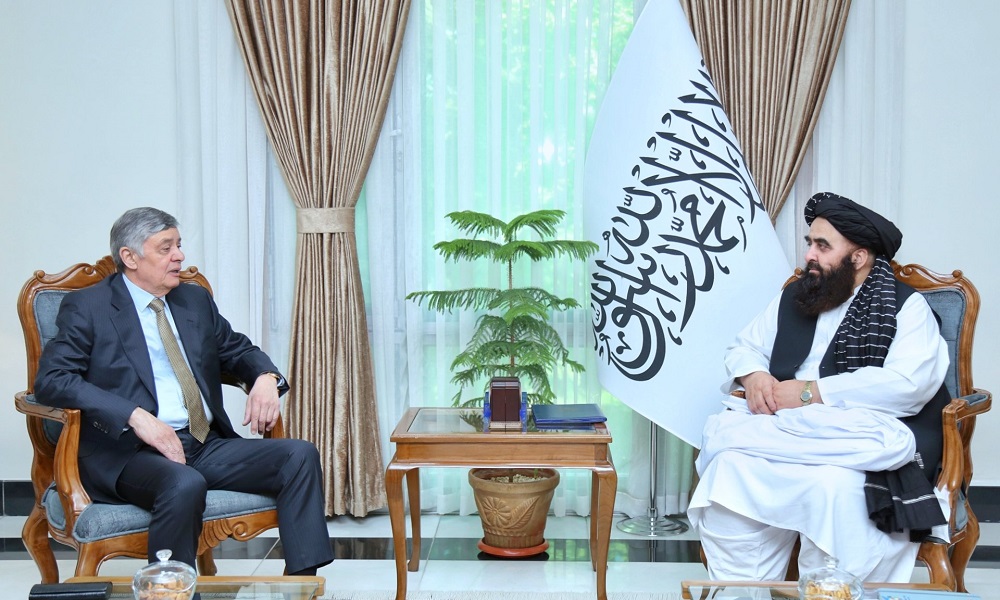
Zamir Kabulov, Russia’s special envoy for Afghanistan, on Wednesday met with Afghanistan’s Acting Minister of Foreign Affairs Amir Khan Muttaqi in Kabul and said a special meeting will be held on the sidelines of the Kazan Forum to officially launch the permanent joint commission between Russia and Afghanistan.
According to a statement issued by the Afghan foreign ministry, Kabulov said that expanding relations with Afghanistan is important to Russia, and for that purpose, Moscow has taken steps to remove obstacles in the path of developing bilateral ties.
This comes after Moscow last week removed the Islamic Emirate from their list of militant organizations.
During the meeting, Muttaqi expressed appreciation for Russia’s recent move to remove the IEA from its list of banned organizations and stated that the Islamic Emirate will soon appoint a diplomat at the ambassadorial level to serve in Moscow.
The two sides also discussed enhancing bilateral relations between Afghanistan and Russia, expanding economic and trade cooperation, and addressing certain regional issues.
The 16th International Economic Forum “Russia – Islamic World: Kazan Forum” will be held from May 13 to 18 in the city of Kazan, Russia. Afghan products and goods will be showcased at the event.
Latest News
Balochistan business chamber asks Islamabad to issue work permits to Afghan refugees
This comes amid Pakistan’s ongoing campaign to expel hundreds of thousands of Afghan refugees living in the country.
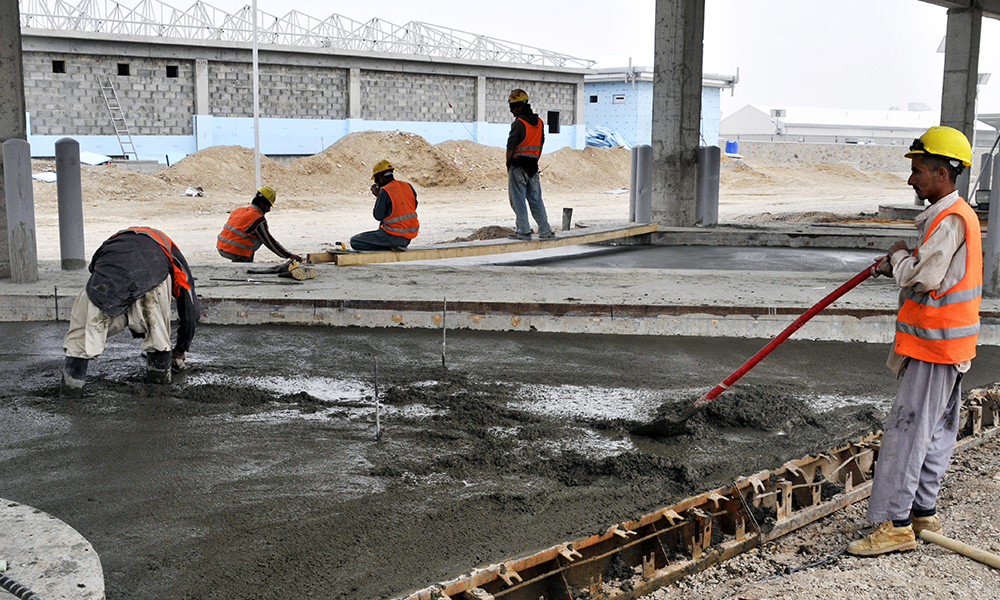
The Balochistan Chamber of Commerce and Industry in Quetta, Pakistan, has appealed to the federal government to issue work permits to skilled Afghan refugees who work in various sectors including mining and agriculture.
Haji Akhtar Kakar, the vice president of the chamber of commerce and industry, made the request while pointing out that the existing shortage of skilled labour could worsen further if the issue was not addressed promptly, Dawn news reported.
This comes amid Pakistan’s ongoing campaign to expel hundreds of thousands of Afghan refugees living in the country.
Akhtar said however that due to Balochistan’s deteriorating security situation, mine owners, farmers and industrialists have had to rely on Afghans for skilled labor as Pakistani workers from other provinces were reluctant to move to Balochistan.
According to him, the decision to expel Afghan refugees had severely impacted the agriculture, mining, and industrial sectors in Balochistan, as a significant portion of the workforce came from Afghanistan.
-

 Sport5 days ago
Sport5 days agoAfghanistan qualify for U19 Cricket World Cup 2026
-

 Regional5 days ago
Regional5 days agoDeadliest US strike in Yemen kills 74 at oil terminal, Houthis say
-

 World4 days ago
World4 days agoThousands of protesters rally against Trump across US
-

 World4 days ago
World4 days agoIran, US end nuclear talks in Rome, agree to meet next week
-

 Latest News4 days ago
Latest News4 days agoPolio vaccination campaign launched in Afghanistan
-

 International Sports4 days ago
International Sports4 days agoIPL 2025: 14-year-old Vaibhav Suryavanshi becomes youngest IPL player
-

 International Sports2 days ago
International Sports2 days agoIPL 2025: Robo-Dog ‘Champak’ explained
-

 Latest News3 days ago
Latest News3 days agoChina invites various Afghan delegations to attend Shanghai forums










